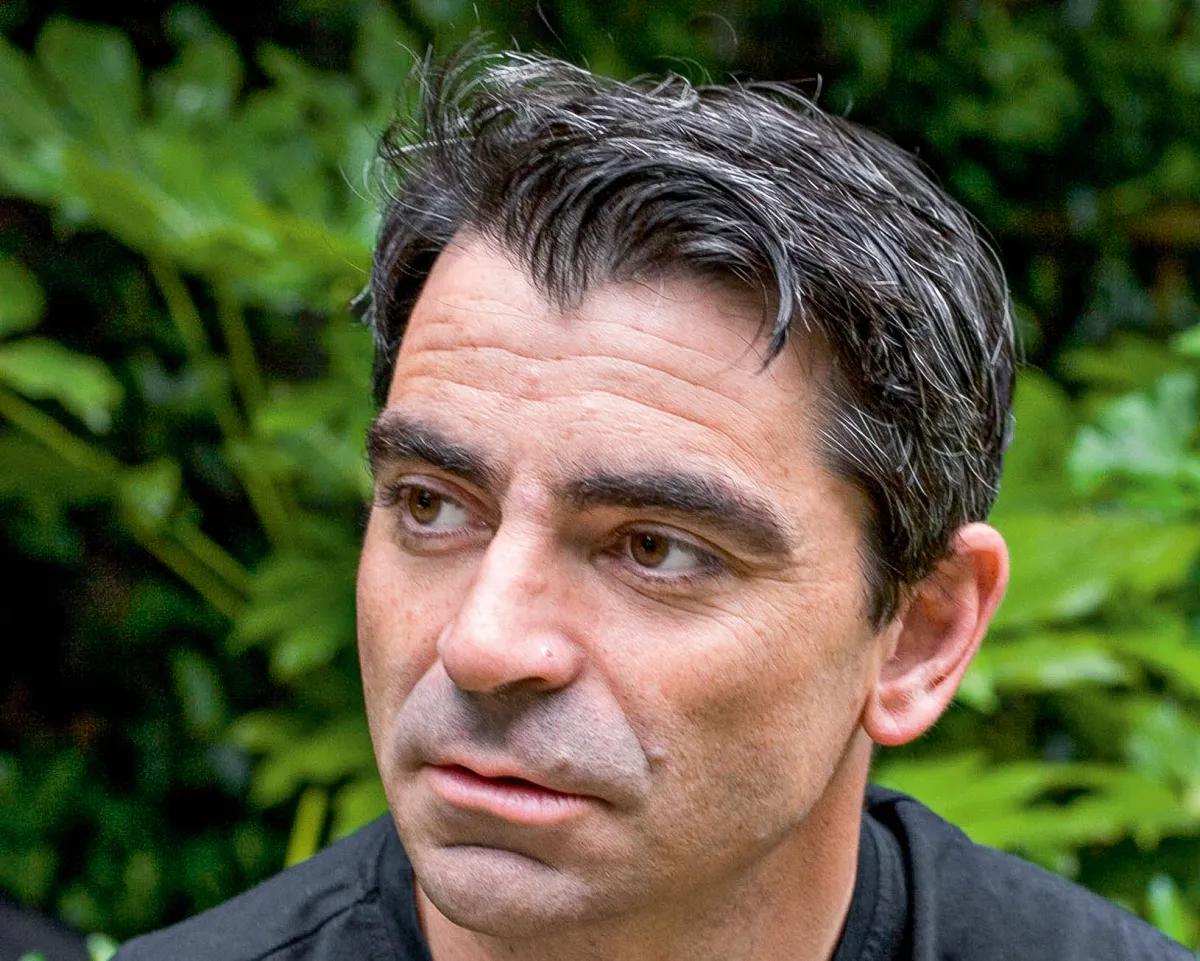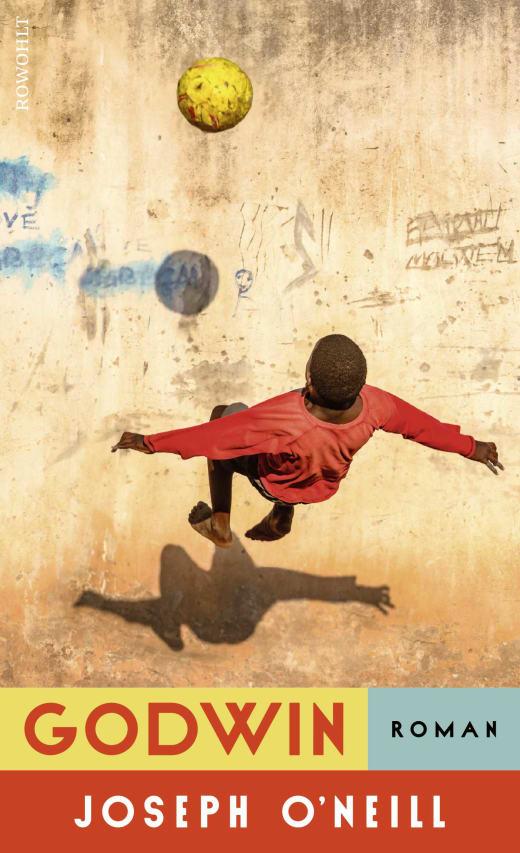Insanity is round

Joseph O'Neill was born in Cork in 1964 to a Turkish mother and an Irish father and grew up in Holland. He studied law at Cambridge and worked as a lawyer in London. He later settled in New York as a freelance writer. He was awarded the PEN/Faulkner Award in 2009 for his international bestseller Netherland, and the book was also nominated for the Man Booker Prize, as was his second novel The Dog.
Breathlessly, I put the book down and wonder what just happened to me. Have I been in the grip of a family drama? Of a chronology of the failure of progressive world views? An outline of the depths of an unresolved colonial history? Or simply a story about football? I gather my thoughts, still amused by the bleakness of the empty promise with which the book ends.
Let's start at the beginning: Mark Wolfe, a talented and thoughtful employee of a ghostwriters' cooperative in Pittsburgh, USA, is rightly despondent at the current state of the world, but finds salvation in his wonderfully capable wife and adorable daughter. His resolution to "guard this wonderful happiness like a keeper of treasure" is jeopardised by the dubious project of his half-brother Geoff, who lives in England: he lures Wolfe to Europe with the promise that together they'll search for a football genius on the African continent, open the door to the European football paradise for him and make their fortune in the process. But all they know of Godwin, this exceptional talent, is video footage of some superlative football, the origins of which are lost in sub-Saharan Africa.
Unfortunately, as an American intellectual, Wolfe knows nothing about football. He has no eye for the beauty of the game, much less for exceptional talent, and he is completely unaware of the extent to which football has become the subject of dreams, miraculous tales and fraud. So at first he travels unsuspectingly around the football underworld, between England and the northern France, following Geoff's mysterious instructions. The gold-rush atmosphere among football scouts threatens to catch up with him when he meets Jean-Luc Lefebvre. The latter knows the world of professional football inside out and, in the Godwin story, senses a second spring as a player's agent and lets the unsuspecting Wolfe run right into the trap.
No sooner does Wolfe think he has learnt his lesson, the drama intensifies: As Wolfe returns to Pennsylvania to start afresh professionally, the author takes us with Lefebvre's on his adventurous journey to West Africa, to the north of Benin. The former UEFA scout encounters amazing things on his way to the football prodigy, but thanks to his experience and the expert support of a local guide, he gets closer and closer to the hidden gem. At this point, the author weaves together major themes such as the slave trade, exploitation and paternalism into a finale that, for some, ends tragically in the Gambia River and for others, promises a miraculous new beginning on Lake Michigan. Family and contemporary history finally catch up with the unfortunate Wolfe.
 Rowohlt
RowohltJoseph O'Neill | Godwin | Rowohlt | 432 pages | 28 EUR
"Money is a language, Football is a language," comments the naive Wolfe to his wife on his daring decision to embark on the football adventure. But in this lawless and perfidious world, he fails right from the start. The experienced agent Lefebvre says, mid-book "The parents who do not look at their child in the hope of seeing a trace of the eternal simply do not exist", neatly summing up the fact that football has long since ceased to be a hobby or pastime and has become hugely tempting for talented players, parents and cheats.
Is the author trying to bring in the voice of reason by telling the story from two perspectives? Alongside the dithering Mark Wolfe, his work colleague Lakesha Williams has her say, commenting darkly on his whimsical moods and his European odyssey and providing a deep insight into the corporate culture of the Pittsburgh cooperative. But even her level-headedness is swamped by reality: Machinations in the workplace get to her, and eventually she too becomes part of the football fairy tale.
Joseph O'Neill's novel is boldly written, carefully researched and plays with the question of how a biography of some integrity can unfold in this crazy world. Fortunately, the author also intersperses episodes that attest to a carefully cultivated historical interest in the football phenomenon. When he talks about the gentle footballer of the century Eusébio, the legendary and taciturn coach Ernst Happel, the midfield hero Willem van Hanegem and the prodigious striker Didier Drogba, this is a particularly enjoyable read for anyone who shares this love of trivia.
"I learn English, I learn psychology, I learn history, I learn business, all on the football pitch. Not in the classroom." This quote on the penultimate page of Godwin may sound a little cliched. But football is full of stories, and Joseph O'Neill has spun them into a profound, captivating novel.



